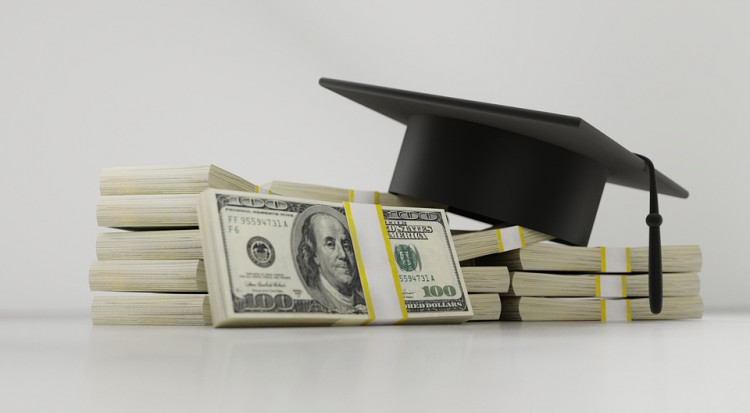The Biden administration's approach to student loan relief has taken a notable step forward with the announcement of accelerated loan cancellations under the Saving on a Valuable Education (SAVE) repayment plan. Originally set for a July commencement, this cancellation program will now begin as early as next month, providing significant relief to borrowers much sooner than anticipated.
This move aligns with President Joe Biden's broader efforts to alleviate the burden of student debt, particularly for community college attendees and low-income borrowers. Under the SAVE plan, eligible borrowers-those who borrowed $12,000 or less for college and have made at least a decade of payments-will see their remaining loan balances forgiven. The Education Department is yet to determine the exact number of beneficiaries, but the initiative is expected to significantly impact a substantial portion of borrowers.
The plan offers more generous terms compared to previous income-driven repayment programs, cutting the cancellation period in half for some borrowers and reducing monthly payments for millions. The structure of the plan is such that for every additional $1,000 borrowed beyond the initial $12,000, an extra year of payments is added to the 10-year base period, capping the repayment period at 20 years for undergraduate loans and 25 years for any graduate school loans.
Critically, the Biden administration's approach targets a key demographic often overlooked in student loan discussions: individuals who have smaller loan balances yet face greater struggles, typically due to the absence of a degree that would otherwise enhance their earning potential. By focusing on this group, the plan acknowledges the complexities within the student loan crisis, extending beyond the headline figures of debt amount.
However, this initiative has not been without its critics. Some Republican lawmakers argue that the plan disproportionately benefits college graduates at the expense of taxpayers who did not attend college. They also claim it's a covert attempt to make community college effectively free, a proposal that Biden campaigned on but failed to pass through Congress.
In addition to this new repayment plan, the Biden administration is pursuing alternative routes for broader loan forgiveness. Following the Supreme Court's rejection of an initial widespread cancellation plan, the Education Department is working on a new proposal aimed at providing relief to specific groups of borrowers.
Starting next month, the Education Department plans to automatically cancel loans for those enrolled in the SAVE plan and eligible for forgiveness. Other facets of the plan, such as the reduction of payments to 5% of discretionary income (down from 10%), are set to be implemented in July.
The accelerated implementation of the SAVE plan marks a significant development in the Biden administration's commitment to address student loan debt, a longstanding and complex issue that affects millions of Americans. As these changes take effect, the landscape of student loan repayment is poised for a substantial shift, offering hope and relief to a diverse range of borrowers across the country.






